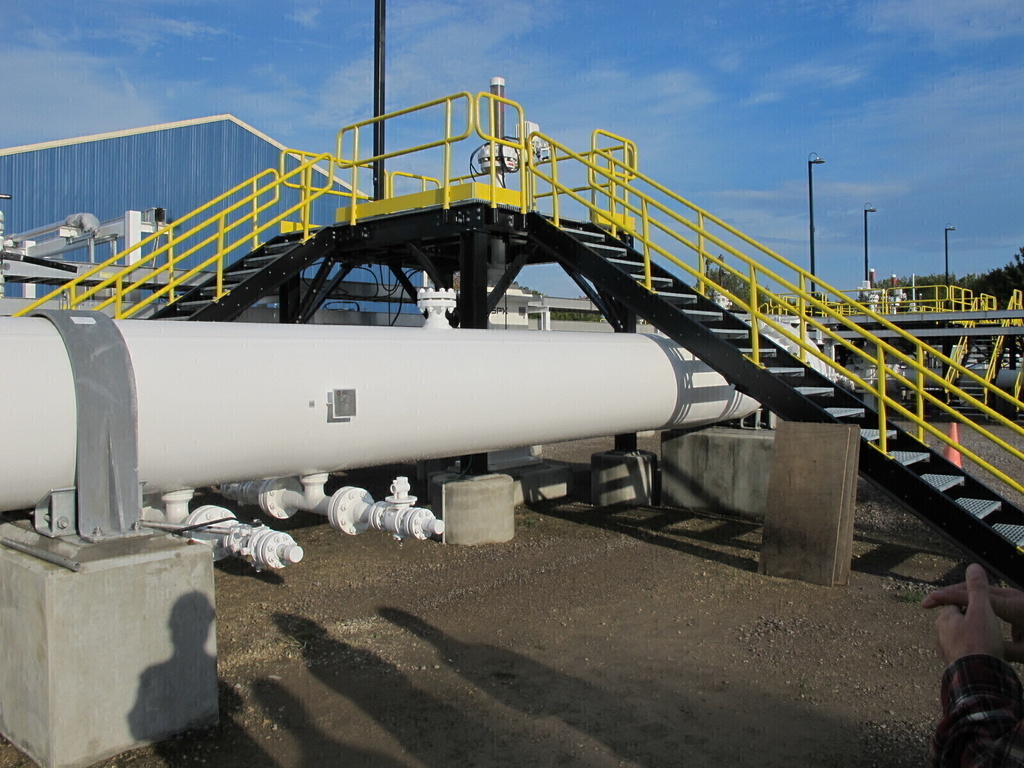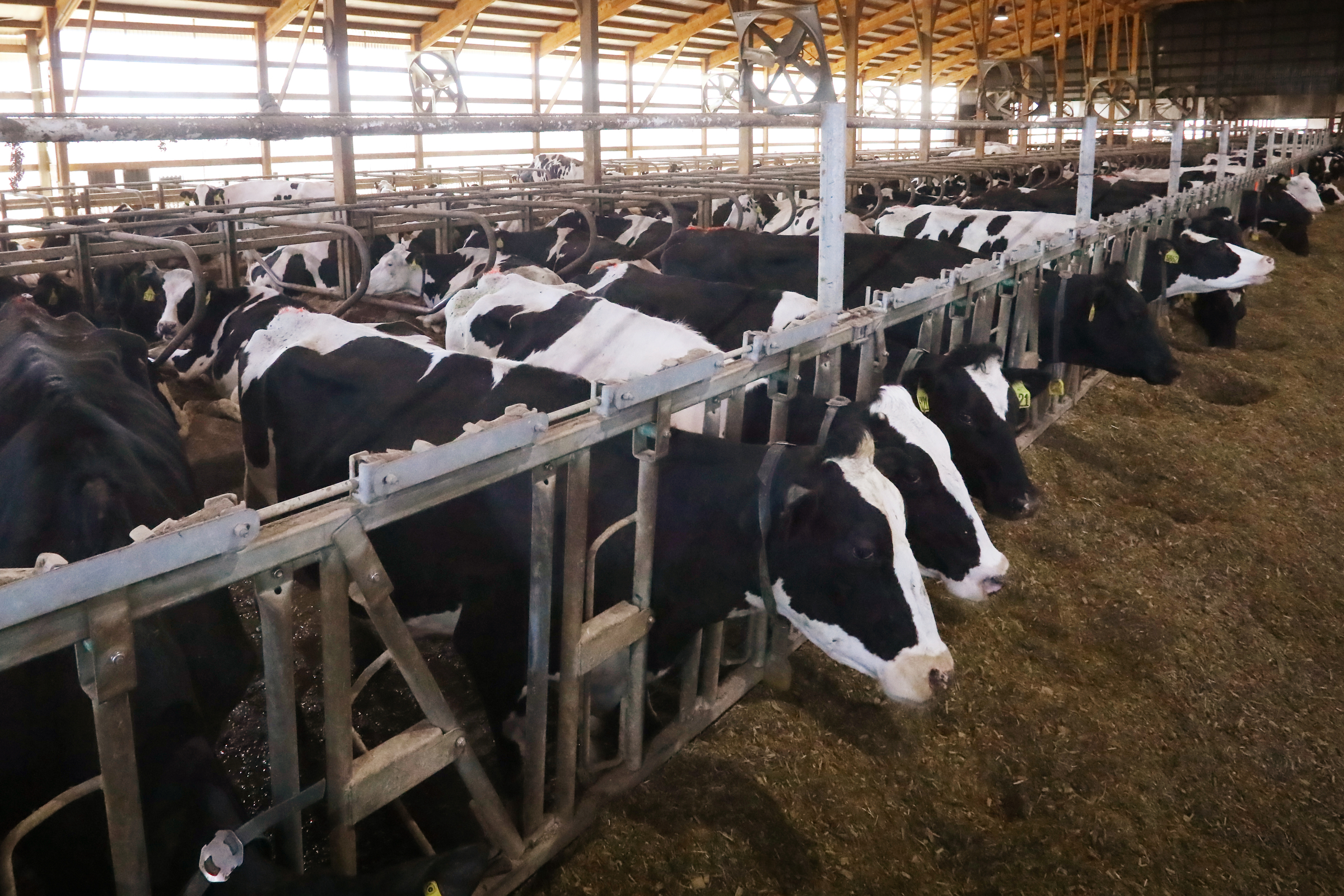A dispute over a frac sand mining permit in Trempealeau County is heading to the state Supreme Court next month and the implications of the case could change how local governments issue permits.
The issue started in 2013 when Iowa-based company AllEnergy applied for a conditional use permit from Trempealeau County’s Environment and Land Use Committee to begin mining. The committee set a list of conditions for the company to address for things like dust control, blasting or groundwater monitoring before they would consider approving the permit application. AllEnergy responded with a list of measures it would take to meet the conditions. But after hearing strong public opposition to the mine proposal, the Land Use Committee voted against issuing AllEnergy’s permit request, which the company claimed was based on anti-mining public opinion.
The company and it’s CEO felt it had been wronged and filed two lawsuits against Trempealeau County. The first sought $20 million in damages for lost business. The second aimed to overturn the county’s permit decision. AllEnergy lost both cases in circuit court but appealed its permit case to the state Court of Appeals, which also ruled in favor of the county.
Stay informed on the latest news
Sign up for WPR’s email newsletter.
At the same time AllEnergy looked into petitioning the City of Arcadia to annex its property, which would have allowed it to bypass the county permitting process entirely. Those plans were ultimately abandoned.
Next month, the Wisconsin Supreme Court is scheduled to take up the permit dispute and decide whether the county land use committee was right to use public opinion as evidence to deny AllEnergy’s permit application. But the company is also asking the court to create a new rule that would require permits be issued if a company has met conditions set by a local government.
“There has to be some guidance given from the highest court in Wisconsin to tell these bodies, make sure they understand, that they can’t simply deny a permit request because they don’t want to grant it,” said AllEnergy attorney Gary Van Cleve.
But attorney Ron Stadler, who will represent Trempealeau County before the Supreme Court, said what AllEnergy wants the court to decide goes way beyond a single permit. He said if the high court creates a new rule forcing local governments to issue permits based on specific conditions only, it would change zoning throughout the state and limit the impact of citizen input.
“What AllEnergy is asking for would diminish the role of public opinion, it would diminish any kind of control that citizens have in regard to when and how conditional use permits are issued and I think would have a much bigger impact on conditional use zoning in the state of Wisconsin,” Stadler said.
Oral arguments before the Wisconsin Supreme Court are scheduled for Jan. 11.
Wisconsin Public Radio, © Copyright 2024, Board of Regents of the University of Wisconsin System and Wisconsin Educational Communications Board.






